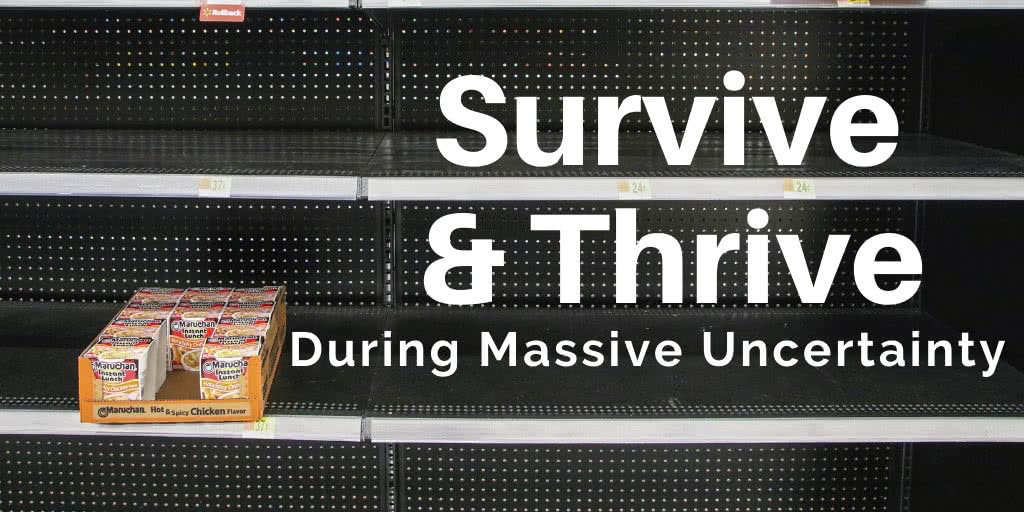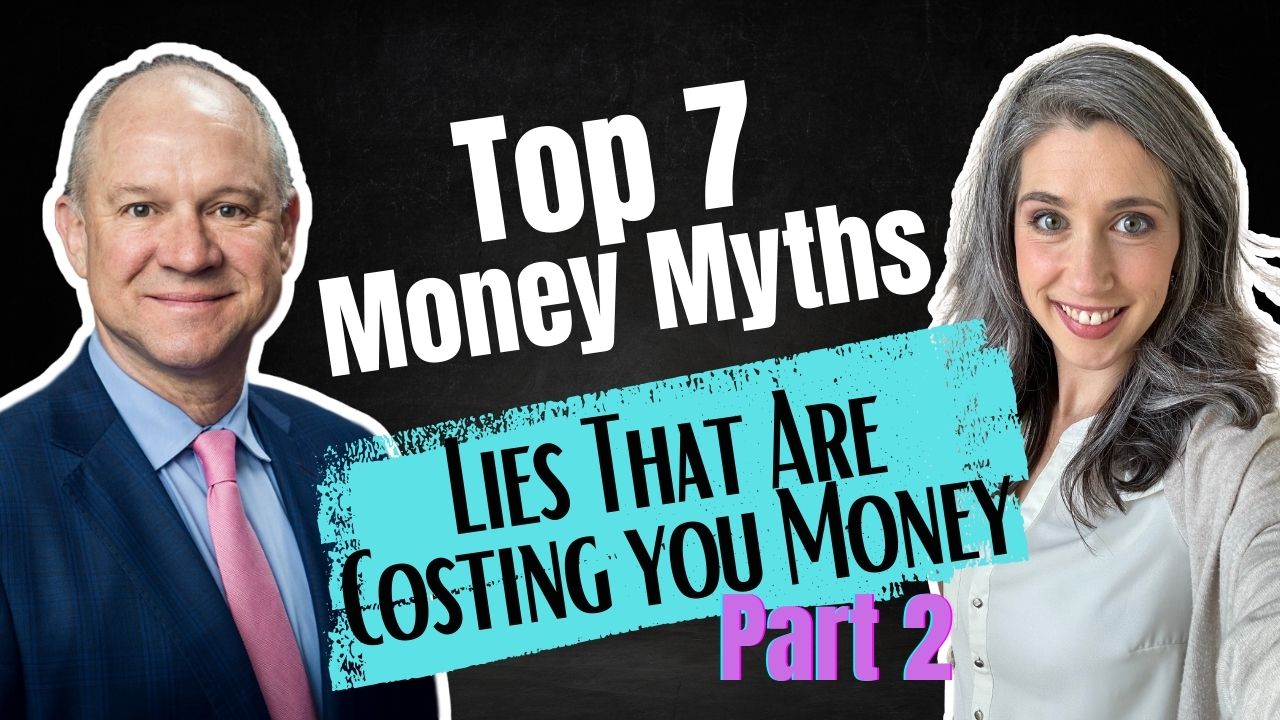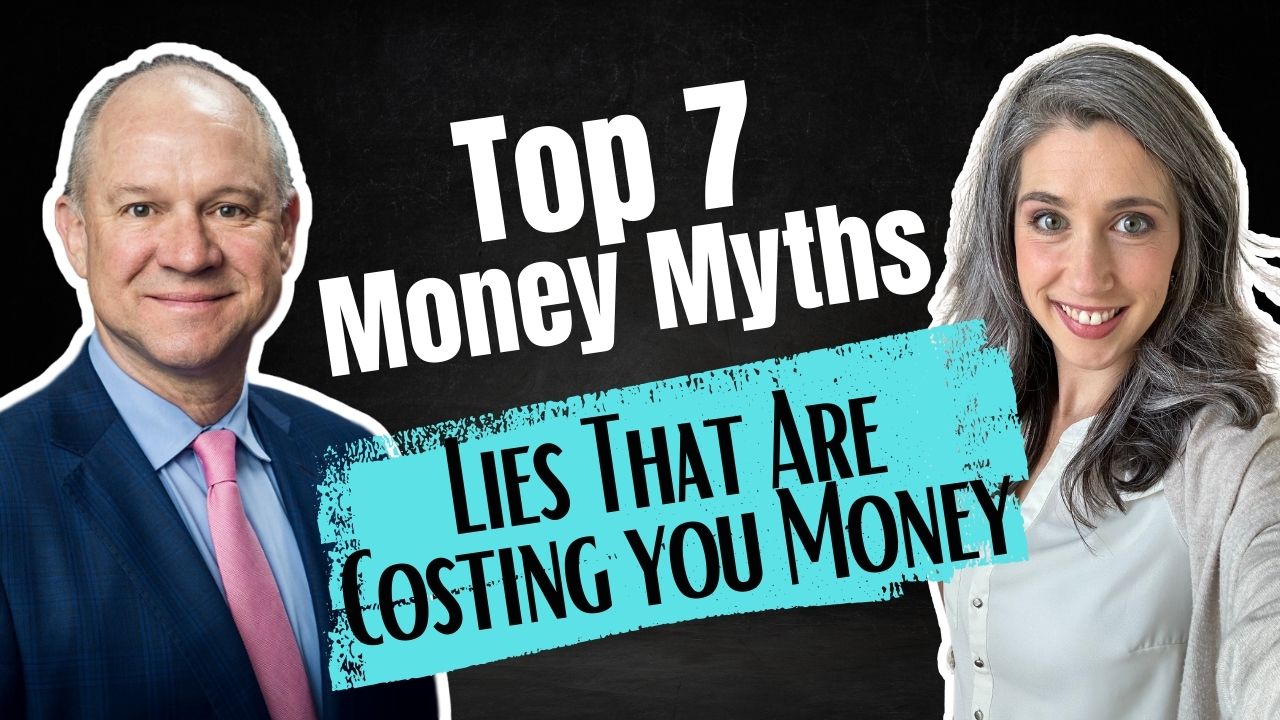
Coronavirus: How to Survive and Thrive During Massive Uncertainty
With the threat of Coronavirus breathing down our necks, unprecedented social measures to stop the spread of the virus, and the tumbling chaos in the financial markets, it can feel like our world is fragile and fraying.
How do you create a life and business you love in the midst of that?
Our goal in this conversation is not to oversimplify the concerns at hand, pretend we can predict the outcomes, or dismiss the panic of a pandemic.
Podcast: Play in new window | Download (Duration: 58:33 — 67.0MB)
Subscribe: Apple Podcasts | Spotify | Android | Pandora | RSS | More
But we all need a way forward, to move us out of fear and into confidence.
Here’s what Dan Sullivan, of Strategic Coach, has to say about these trying times:
What’s important to me right now? Making sure to keep my confidence up each day.
Confidence is the ability to transform fear into focused and relaxed thinking, communication, and action. It turns dangers into opportunities, obstacles into innovations, weaknesses into advantages, and setbacks into breakthroughs.
When you have confidence as a daily resource, you can learn anything, respond to anything, adjust to anything, and achieve anything.
Dan Sullivan, Strategic Coach
So how can you inject that antidote of confidence to the pandemic of fear and uncertainty?
This episode will help you:
- Find out the real reason your confidence fails during hardship.
- Get practical ways to make money during the Coronavirus.
- And find out the simple action plan to get a life preserver in your health, but more importantly, your wealth right now.
The changes in our environment require your leadership and courage in your circle of influence right now.
The 5-Step Action Plan to Survive and Thrive in Uncertainty and Chaos
1) Take Care of Your Mindset
The real reason our confidence fails us is that we allow the external crisis to shake our mindset, rather than requiring our mindset to direct our response to the crisis.
“Everything can be taken from a man but one thing: the last of the human freedoms—to choose one’s attitude in any given set of circumstances, to choose one’s own way.”
Viktor E. Frankl, Man’s Search for Meaning
But abundance comes from your mindset. From your ability to choose your mindset and your response, regardless of your circumstances.
At the risk of sharing something too personal, I read this in my devotions yesterday:
Abundant life is not necessarily health and wealth; it is living in continual dependence on Me [Jesus].
Sarah Young, Jesus Calling
This statement challenged me deeply, as I’d like to think that abundance is in financial security, vibrant health, rich relationships, and vivid purpose. But those things are all external – the result or outflow. I don’t have complete control in those areas.
What is most important is what’s internal: my character, conviction, mindset, and response. That’s where I do have control, and it’s the most important thing we all need to wrest control of so we don’t go off the rails.
Abundance starts inside of you. It makes you creative and collaborative, expansive, and full of faith.
The antagonist is scarcity, the mean, limiting taker that pits us against each other, wires us in anxiety, and paralyzes us in fear. None of us are immune.
But we have to choose abundance to gain confidence, vision, and wisdom for how to respond.
Spend time in gratitude. Read inspirational, soul-fueling books. Dedicate time to learning a new skill. Take a course. There are limitless resources and knowledge all around you, and limitless capacity for production.
2) Take Care of Your Health
For me, this was a big one! I’ll admit, I had a lot of anxiety about this when the world started talking about Coronavirus.
Instead of ignoring the news and trying to rise above by focusing on what I wanted, I had to allow myself time to find the answers I needed. I needed to ask real questions and find my footing.
How would I stay healthy? How would our family apply social distancing? What would I do if we got sick?
When I really leaned into these questions, I discovered that I would continue to use the immune-boosting protocol we always use to protect ourselves from sickness. And if we get sick, we’ll treat as much as we can with the same nourishing regiment.
I am not a doctor, and what I’m about to say is *not medical advice,* but here’s what I’m doing:
I am personally committed to healthy sleep habits, a diet rich in veggies with little processed foods, at least a gallon of water a day, and our usual array of vitamins and supplements. We use colloidal silver, oregano and frankincense essential oils, and make sure we eat lots of garlic, onions, and ginger.
Getting fresh air, sunshine, and exercise is important to our family. So is laughter, low stress, meditation, and consistent time with God.
Whatever your personal choices, take control by prioritizing your health and keep your immune system strong.
3) Adapt to a New Environment
At this time, we’re adapting to a homeschool, 100% work from home life, with a part-time nanny that we’ve been so blessed to have in our lives.
That means lots more time to juggle responsibilities.
Thankfully, our life hasn’t changed much, but we don’t know if even that is certain going forward.
I’m spending more time with the girls, and my work time is wedged into the baby’s nap schedule. But I’m finding ways to improve my productivity, be minimalistic in my thinking, and be present with whatever I’m doing at the moment.
I’m amazed at how adaptable humans are. Over history, we’ve found new and better ways to live when our environment changes beyond our control.
Be gracious with yourself. You may feel that trying to manage work and home life is a three-ring circus while dealing with the huge burden of unknowns and concern for loved ones, and you’re the one about to lose your balance. There’s no perfect way to manage this, so don’t expect this to look picture-perfect. It’s ok to accept a new normal.
4) Take Care of Your Business
The main question on everyone’s minds is how will the Coronavirus impact my business? Will I be able to keep my doors open? Will I still have clients and customers? What will happen to my supply chain?
The main thing here is to maintain your cash flow. Think long-term, not just short-term. You may sacrifice the short-term to be able to stay in operation for the long-haul.
Here are a few ideas:
- Allow employees to work from home to increase productivity.
- Give employees more unpaid time off to lower payroll costs and boost confidence that they’ll have work in the future.
- Minimize pay now, or have a percentage pay reduction, and make it up later as deferred compensation.
- Buy gift cards from your favorite restaurants or small businesses to give them an infusion of cash and support their ability to be in business when our culture comes back online.
- Give employees who stay profit-sharing ownership in the company.
Innovation is key here, too, as you find new methods to accomplish your goals.
I think the current environment will prove to us all that moving our business online and virtual, and providing products and services electronically is much more necessary. It always seems a huge hurdle until something forces you to adapt.
Remember, dollars follow value.
Find out how to provide value by meeting the needs of others right now and solving their problems: the need for encouragement, guidance, health products, entertainment, [toilet paper], and groceries.
For us here at The Money Advantage, we’re online, and all of our conversations with clients are virtual. We’re building more tools and increasing our production.
In fact, we’re putting the finishing touches on our Privatized Banking Secrets course and stretching our creativity and capacity to put it in your hands … so you can dig deep and really understand Privatized Banking, before you talk to someone.
5) Take Care of Your Money
The financial implications of this pandemic are likely further-reaching and longer-lasting than the Coronavirus [COVID-19] disease itself. The markets are crashing, and it looks like we’re heading into a recession if it’s not already here.
Having your financial house in order goes a long way towards bolstering your peace of mind and confidence as well. I know from personal experience living on both sides of that coin.
Stabilize and Preserve Your Financial Position with Reserves
It’s time to preserve and stabilize your personal economy. That means getting as much solid ground, confidence, and a war chest of liquidity. A strong cash position gives you the ability to weather a crisis and take advantage of opportunities when they go on sale during the crisis.
I am a believer in always having significant liquidity before investing. Cash allows you to survive down times and take advantage of opportunities that others cannot. Invest from a position of strength.
Some say, “Cash is King” and others say, “Cashflow is King.”
I don’t see it as one or the other rather, “I want both.” Mostly this is semantics, but I think of it as “Cash is King and Cashflow is Queen.” The end game is Cashflow, but Cash will help you get there.
I like to think of it as a Chess analogy. “Cash is King” because if you lose your King, it’s game over. Cash is the one thing that can keep you in the financial game. However, the Queen can be a great offensive player. So both are important.
Lucas Marshall, The Money Advantage
When the financial systems around you get shakier, it’s time that you take control of your future into your own hands.
Have at least six months of emergency reserves. Ideally, 12 months or more. If you don’t already have it, build it as quickly as possible.
By the way, Privatized Banking is the most powerful cash storage tool we’ve found. You get profound guarantees, competitive compound growth, and a death benefit to make sure your family is protected, no matter what.
Increase Your Cash Flow
Pay close attention to your cash flow with the Cash Flow Awareness Exercise. Get serious about increasing your cash flow by increasing income and by decreasing expenses.
With the Federal Reserve just cutting interest rates, mortgage rates may soon follow. Consider refinancing your home to lower your payment and increase your cash flow. You’ll want to make sure you have equity, weigh the cost of a refi, and ensure your rate drop would boost cash flow enough to warrant it.
We’re personally applying to refinance and will lock in a new rate if rates go low enough. That cash flow will increase our monthly savings.
We also just paid off a credit card, not to be debt-free (that can put you in a riskier position), but to free up more cash flow. This may or may not make sense for your given situation and amount of cash reserves. Use the Cash Flow Index to gauge which loans might make sense to pay off.
Review your taxes with a CPA, and find out what strategies you might be missing for permanent tax-reduction. Most of our business clients who do a tax review find at least $5,000/year they were overpaying in taxes.
And if you have reserves, consider investing in alternative investments that aren’t correlated with the stock market: i.e., real estate, oil and gas, etc.
One point about investing that applies to any environment: do not gamble or speculate. Instead, decrease your risk by investing in what you know and control.
Preserve Your Wealth Today
If you would like to find out how to build a foundation of certainty and security, so you can profit during any economy and build investment cash flow, we would like to help you.
Book your call with The Money Advantage advisors today.
Becoming Your Own Banker, Part 27: 7 Money Myths that are Costing You, Continued
Is what you think about money actually true? Is it helping or hurting you? Moving you forward and expanding your influence, or limiting you and your potential? If you joined us last week, you know that in true Bruce and Rachel fashion, we only covered half of our intended conversation, so we’re back to reveal…
Read MoreBecoming Your Own Banker, Part 26: Top 7 Money Myths, Lies That Are Costing You Money
What if what you think about money turned out not to be true? Even worse, what if you’re believing lies that are costing you money? Embark on a journey as we unravel the twisted web of money myths holding you back from true wealth. Inspired by Nelson Nash and flavored with insights from David Stearns,…
Read More


